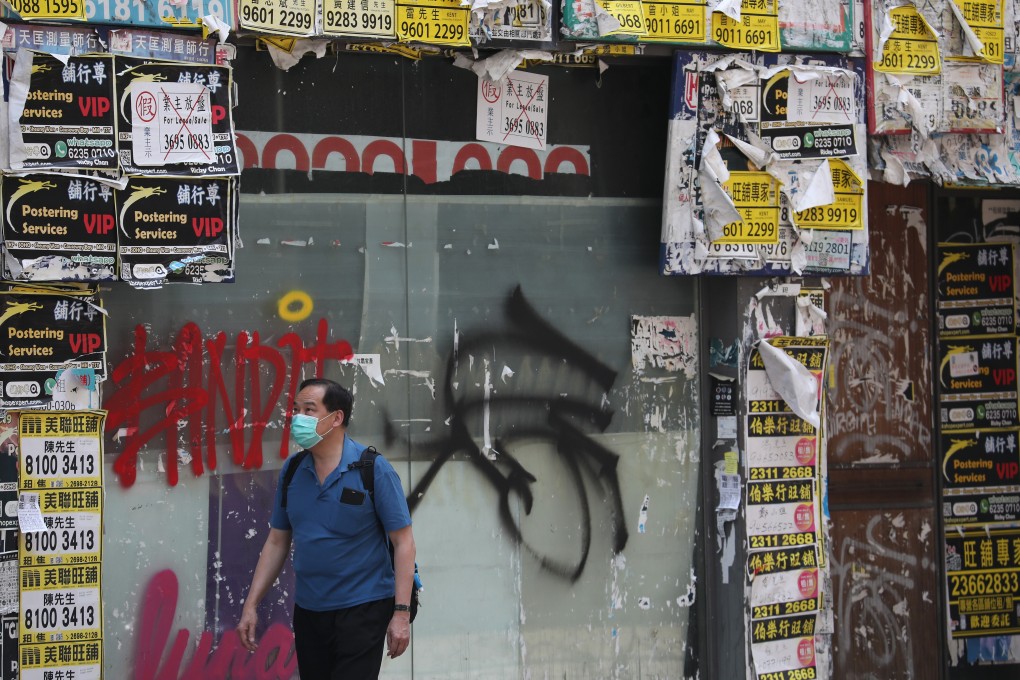Advertisement
Expect the coronavirus pandemic bankruptcy tsunami to be worse than predicted
- The global economic recession will be worse than forecast, with bankruptcies in Hong Kong likely to exceed those during Sars and the global financial crisis
- Quick and cheap online dispute resolution systems are urgently needed across the region to reduce the pain
Reading Time:4 minutes
Why you can trust SCMP

As the Covid-19 pandemic spreads and in many places deepens across the world, and efforts to revive our economies flounder, some sobering questions arise: how deep is the recession going to be? How many companies are going to go bankrupt before we see light at the end of the tunnel? And just how many people are going to lose their jobs, or see their incomes sharply cut, for the foreseeable future?
Without immediately turning to specific answers, there is one quick and easy response: things are almost certainly going to be worse than any forecasts you have read. Only last week, the International Monetary Fund further downgraded growth prospects.
It now says the world economy is likely to contract by around 4.9 per cent, compared with its previous forecast of 3 per cent. US Federal Reserve chairman Jerome Powell says the American economy is likely to contract by 6.5 per cent this year, with the extent of the downturn and the pace of recovery “extraordinarily uncertain”.
Advertisement
The World Trade Organisation director general Roberto Azevedo says the organisation estimated that global trade shrivelled by 18.5 per cent in the second quarter, sweetening his comments with the recollection that earlier forecasts had warned the contraction might be as high as 32 per cent.

05:59
Coronavirus: What’s going to happen to China’s economy?
Coronavirus: What’s going to happen to China’s economy?
We are only at the earliest stages of discovering how massive the bankruptcy tsunami might be. As I predicted in March, Hong Kong bankruptcies have soared, without any really big names yet falling among the casualties. There were 2,079 filings in May (there were very few in March and April because of court closures), the worst number by far since the severe acute respiratory syndrome crisis of 2003.
Advertisement
Select Voice
Choose your listening speed
Get through articles 2x faster
1.25x
250 WPM
Slow
Average
Fast
1.25x
